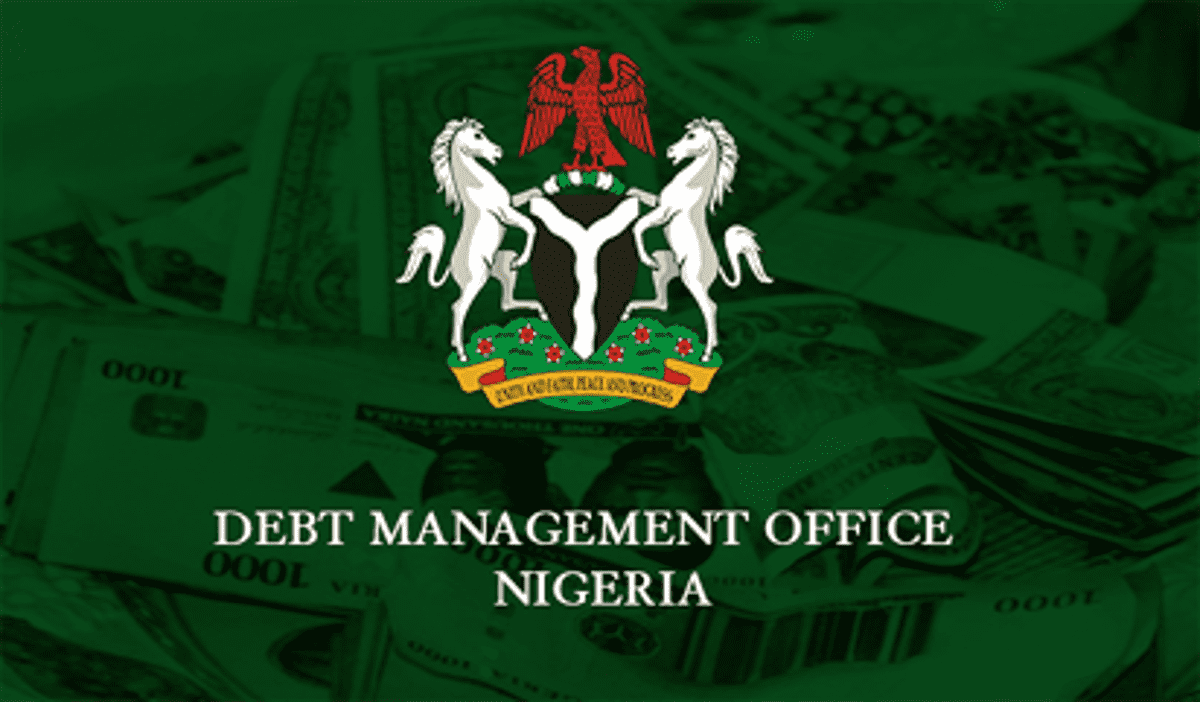In a significant revelation by the Debt Management Office (DMO) of Nigeria, the nation’s public debt has skyrocketed to a staggering ₦97.34 trillion ($108 billion) by the fourth quarter of 2023.
This marked increase, disclosed recently in a statement, underscores a notable surge in domestic borrowing initiatives undertaken by the federal government.
The DMO’s statement elucidated that the surge in debt levels was primarily fuelled by the government’s proactive measures to partially finance the deficit outlined in the 2024 Appropriation Act. Additionally, disbursements from both multilateral and bilateral lenders have contributed to the mounting debt burden.
Breaking down the figures, the DMO outlined that the total public debt stock comprises both domestic and external debt owed by the government, the 36 state governments, and the Federal Capital Territory (FCT). Domestic debt accounted for 61 percent of the total, amounting to ₦59.12 trillion, while external debt stood at ₦38.22 trillion, constituting 39 percent of the total debt.
Notably, the DMO emphasised that Nigeria’s external debt structure is predominantly skewed in favour of concessional and semi concessional loans from multilateral and bilateral lenders, accounting for 63.79 percent of the external debt stock.
Despite the alarming surge in debt levels, the DMO reiterated its commitment to implementing best practices in public debt management. Moreover, it highlighted ongoing efforts by fiscal authorities to bolster revenue generation as a crucial step towards ensuring debt sustainability.
The significant uptick in debt levels underscores the pressing need for prudent fiscal management and sustainable debt repayment strategies to safeguard Nigeria’s economic stability amidst mounting financial obligations.





